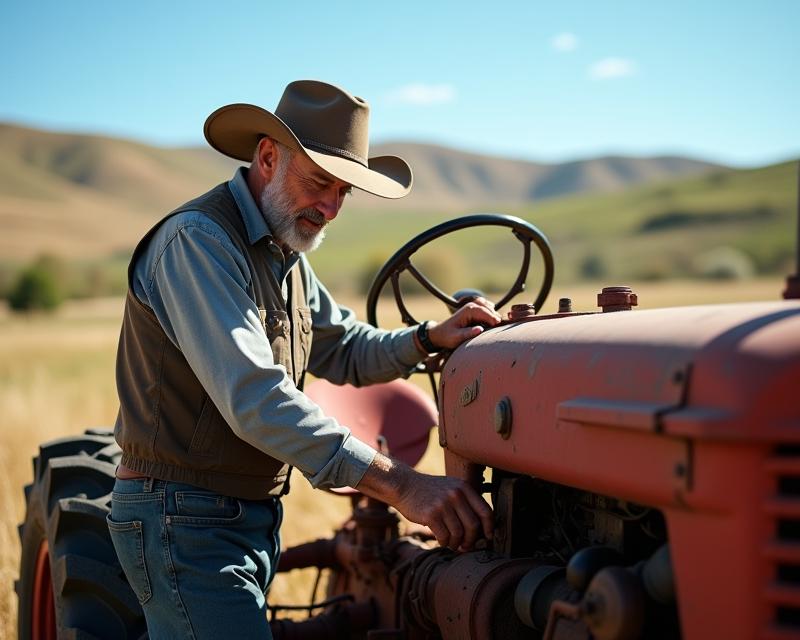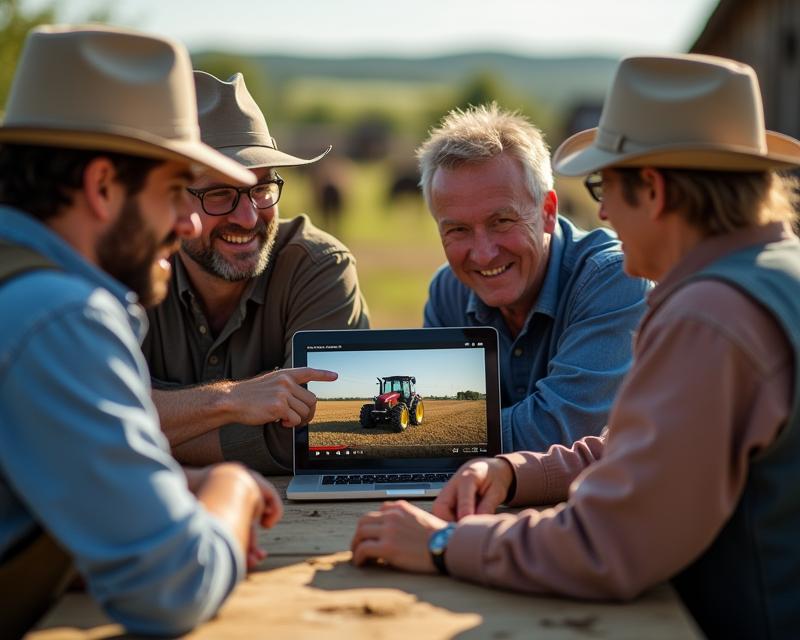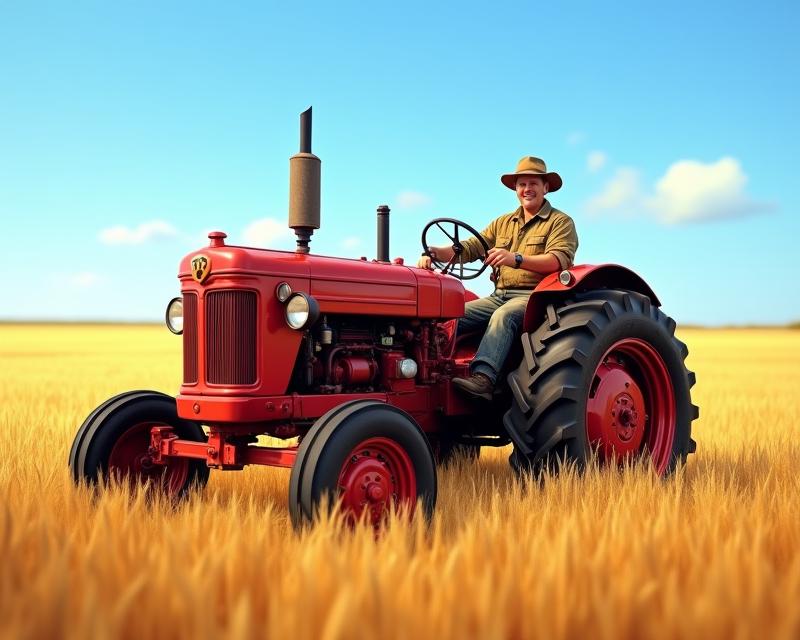Rural Roots: Losing Touch with Farm Equipment
Publish in Farm Life el 07/07/2025 18:41
Rural Roots: Losing Touch with Farm Equipment
There's a certain rhythm to rural life, a connection to the land and the tools that help us work it. For generations, farmers, gardeners, and ranchers have relied on their equipment – not just as machines, but as extensions of themselves. We’ve learned to understand their quirks, troubleshoot their problems, and even build them ourselves. But something's changing. The increasing complexity of modern farm equipment, coupled with repair restrictions, is slowly eroding this vital hands-on relationship, and with it, a piece of our rural identity.

Think back to your first tractor repair. Maybe it was a loose bolt, a clogged filter, or a simple wiring issue. That experience wasn't just about fixing a machine; it was about learning how things worked, understanding the mechanics, and developing a sense of self-reliance. It fostered a deep respect for the engineering and the hard work that went into creating those tools. Now, with increasingly sophisticated electronics and proprietary parts, many repairs require specialized training and expensive dealership visits. This creates a dependence that can feel disempowering.
The Repair Ban Impact
The rise of repair bans – laws that restrict access to parts, tools, and information needed to repair equipment – is a major contributor to this shift. While proponents argue these bans protect intellectual property, many farmers see them as a direct attack on their independence and economic viability. When we can't fix our own equipment, we're forced to rely on dealerships, often paying exorbitant prices and facing lengthy delays. This impacts our bottom line and limits our ability to adapt to changing conditions. It also creates a feeling of being controlled, rather than empowered.
Beyond the economic implications, the loss of hands-on repair skills threatens a deeply ingrained cultural heritage. Passing down knowledge of mechanics, welding, and fabrication from one generation to the next is becoming increasingly difficult. It’s more than just a skill; it's a connection to our ancestors, to the history of farming, and to the values of resourcefulness and self-sufficiency. When we lose the ability to fix things ourselves, we lose a part of what makes rural communities unique and resilient. We risk losing that pride in our ability to solve problems and make things work. Let's advocate for policies that support farmers' right to repair and preserve the skills that have sustained rural communities for generations.
- Support Right to Repair legislation
- Share repair knowledge with younger generations
- Prioritize durable, easily repairable equipment
The future of farming isn't just about technology; it's about preserving the human element – the knowledge, the skills, and the connection to the land that have always been at the heart of rural life.





